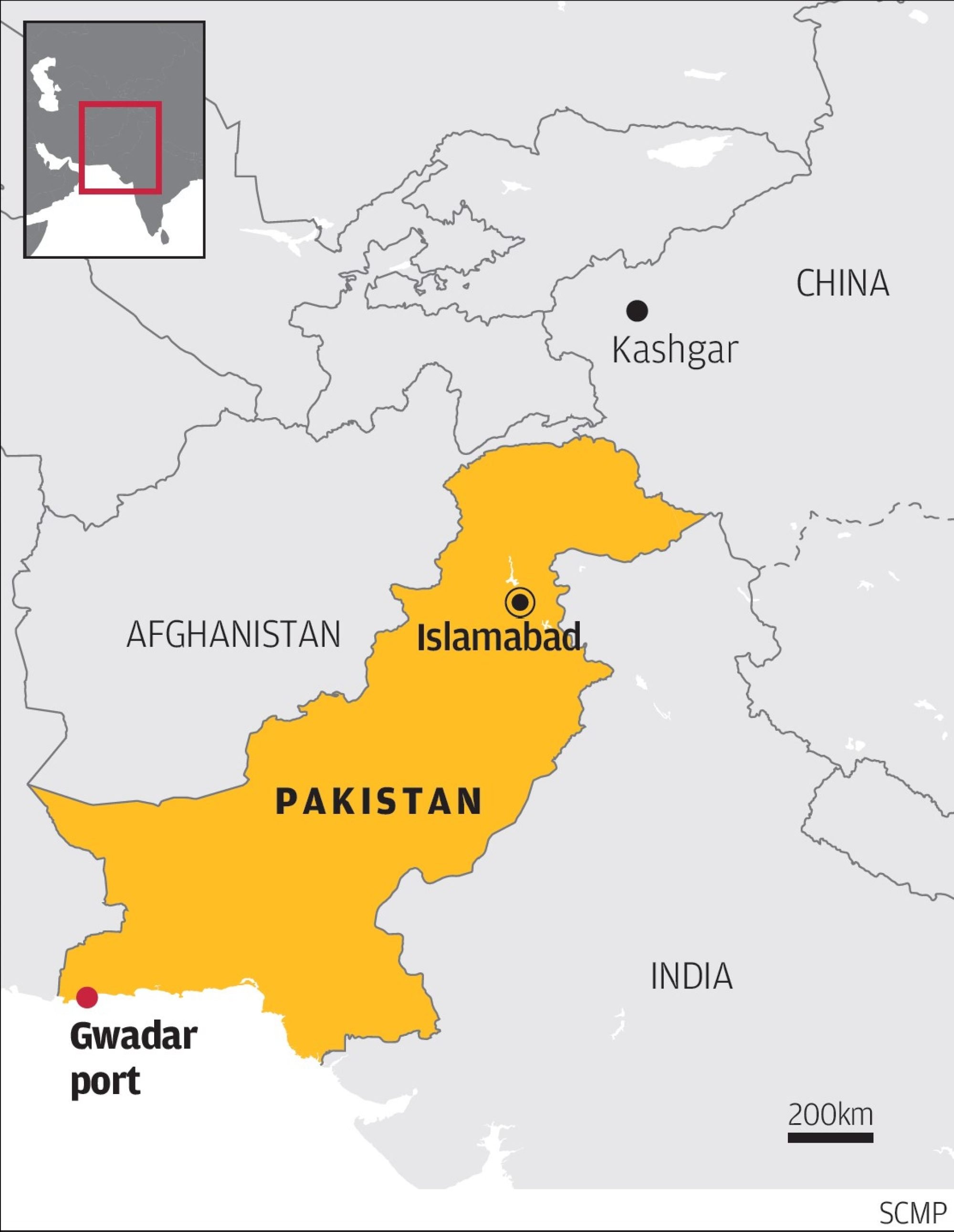
Why India’s protest over US-Pakistan F-16 deal is a storm in a teacup
- Pakistan’s old F-16s pose no threat to India, given their use is restricted to counterterrorism efforts within its borders and are considered inferior to the newer JF-17s, jointly developed with China
- The deal to maintain the F-16s may well be a response to the resurgence in terrorism spilling over from Afghanistan after the US withdrawal
India and Pakistan have been engaged in yet more angry exchanges of late – but, this time, on a matter other than the routine and threadbare allegations of sponsoring terrorism in each other’s territories.
The deal, since approved, covers the technical maintenance and overhauling of Pakistan’s F-16 fleet, which is now more than three decades old. Few analysts expected it to turn into a rancorous diplomatic scuffle between New Delhi and Islamabad.
Blinken had said the US deal was part of an initiative to boost Pakistan’s “capability to deal with terrorist threats emanating from Pakistan or from the region”.
Jaishankar, at an unofficial event in Washington, said: “For someone to say, ‘I am doing this because it is all counterterrorism content’ … you are not fooling anybody by saying these things.”

To no one’s surprise, Jaishankar’s remarks sparked a severe reaction from Islamabad and clarification from Blinken, who reasserted categorically that the package did not include any new capabilities, weapons or munitions.
Before 2014, the Pakistani government exerted little control in the Swat Valley and its adjacent areas, which were in the hands of the TPP and other militant groups, including the Islamic Movement of Uzbekistan, the Turkestan Islamic Movement and the Haqqani network. With an alliance of these groups ruling the area, almost a million residents were forced to move to other parts of Pakistan.

Due to the region’s mountainous geography, it would have been practically impossible for the ground forces to complete the task without aerial support to attack the terrorist hideouts. And the F-16 Falcons, the only advanced fighter jets in the air force at that time, were more than capable of precision attacks on the militants’ base camps.
Thus, the F-16s played a major role in the success of Operation Zarb-e-Azb, and the restoration of control of the region by the Pakistani government.
In the past six months, more than 250 terrorist attacks carried out by the TTP have been reported in the area. And, indeed, perhaps it is this resurgence of the TTP and terrorist-related activities that has led the Biden administration to agree to the deal to maintain Pakistan’s F-16 fleet. New Delhi is also well aware that Pakistan needs refurbished F-16s to tackle terrorism in this part of the country.
The second point is that Pakistan’s air force is no longer dependent on F-16s and has been shifting its operational load to its fleet of JF-17 Thunders – fighter jets jointly developed by China and Pakistan. Today, Pakistan has an operational fleet of 134 JF-17s, compared with just 75 F-16s.
Why Afghanistan’s terrorism problem is bad for China – and Pakistan too
From the air force’s perspective, and given its current needs, the JF-17 is far superior and its reliance on them will only increase. The US deal to provide maintenance support for the ageing F-16 fleet will not render them any more of a threat to India.
Finally, Islamabad and Washington have specifically agreed that the F-16s cannot be used for any offensive purpose outside Pakistan’s airspace.
So India has nothing to worry about with this latest maintenance deal. If anything, New Delhi should perhaps be more concerned about the growing cooperation between Pakistan and China on the JF-17, which is being continuously improved by joint research and development teams.
India’s foreign minister knows very well that his protests over the US package are merely part of diplomatic formalities, and that he is unlikely to receive a positive response from the Biden administration – which is more concerned about containing the mess it left behind following the US troop withdrawal from Afghanistan, which is now once again spilling over into northern Pakistan.
Imran Khalid is a freelance contributor based in Karachi, Pakistan

